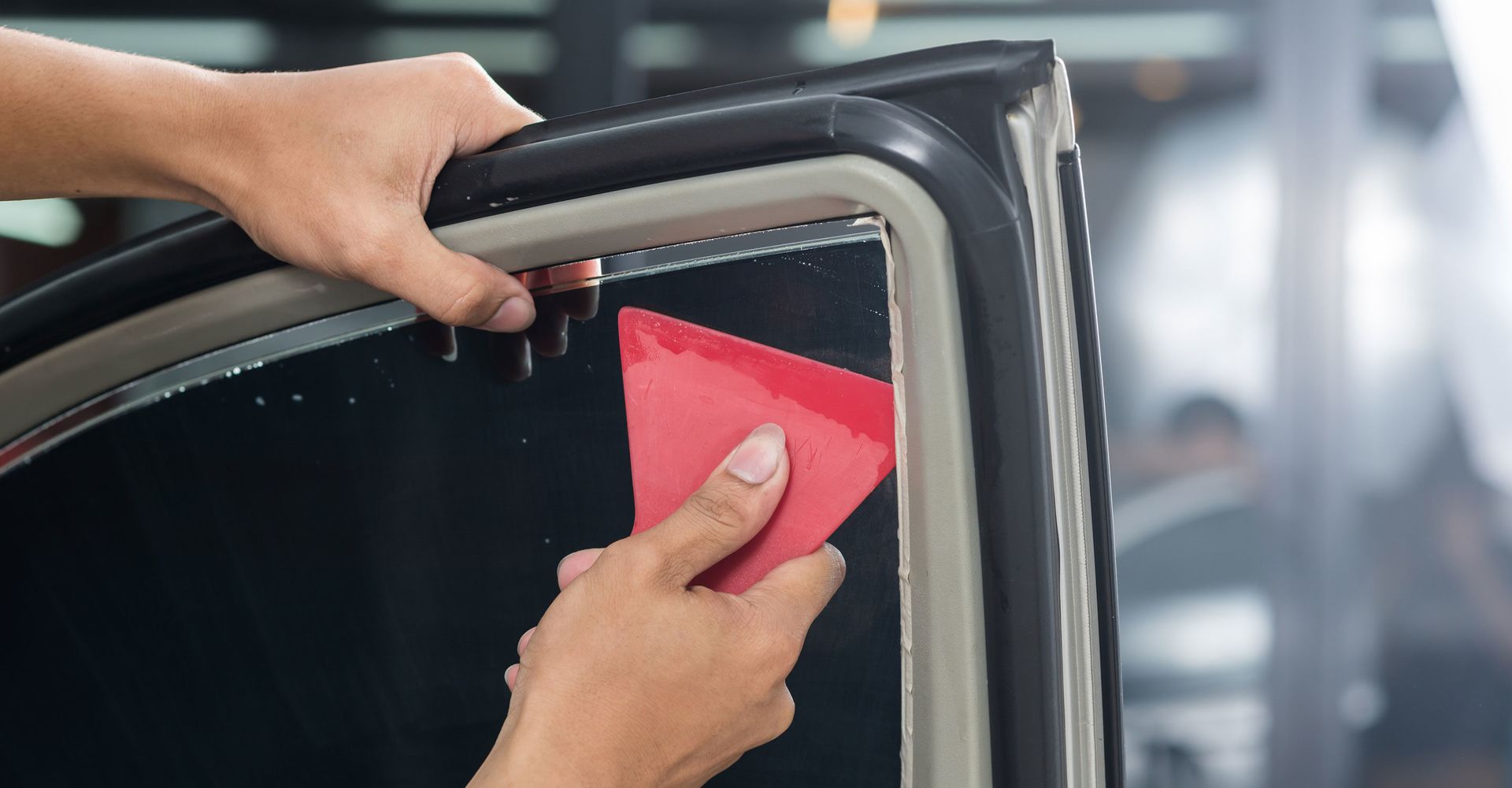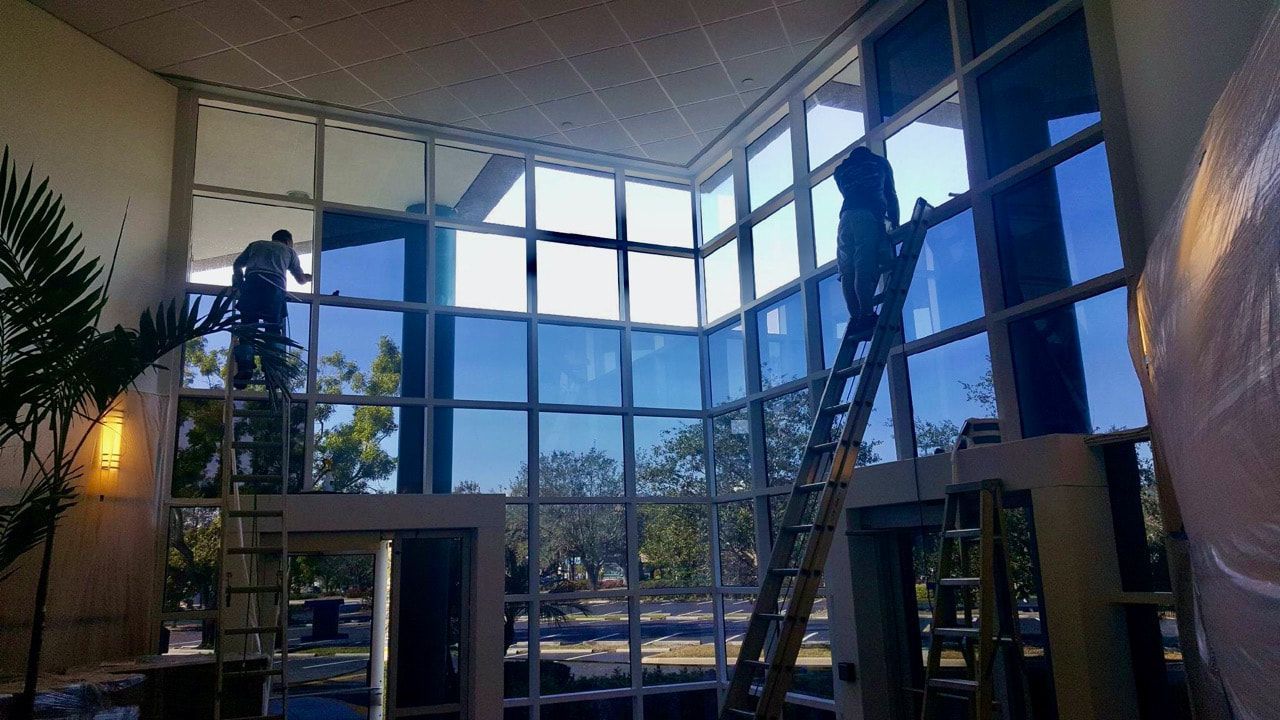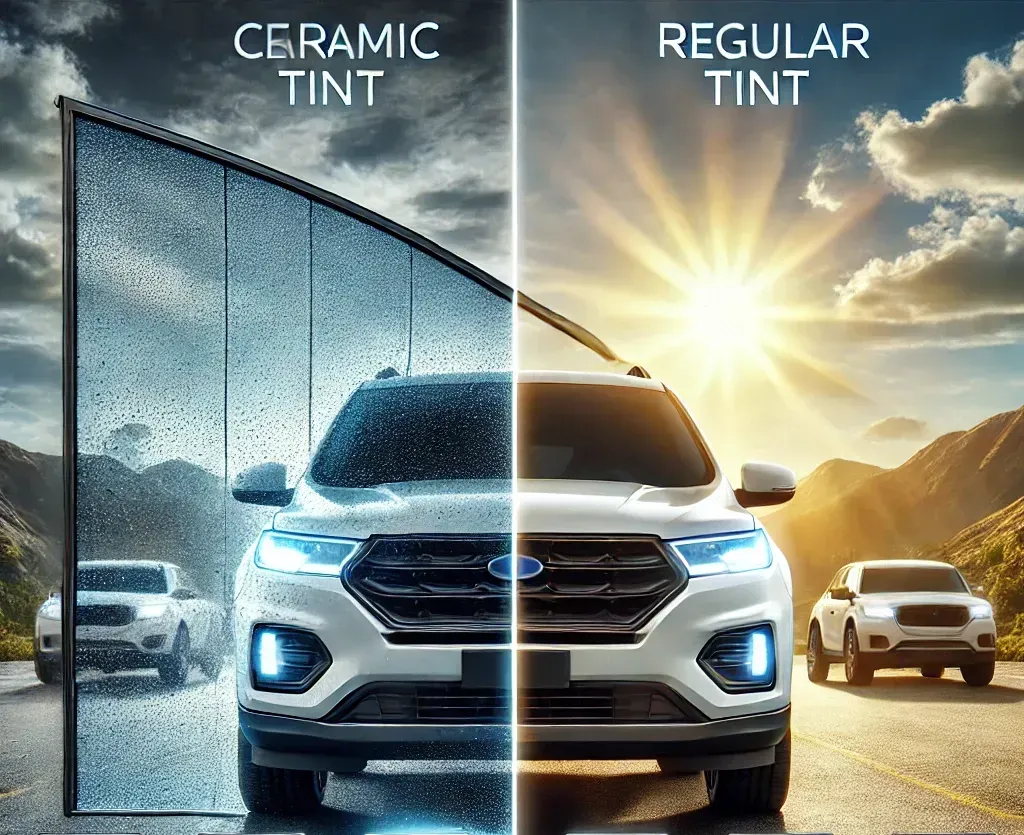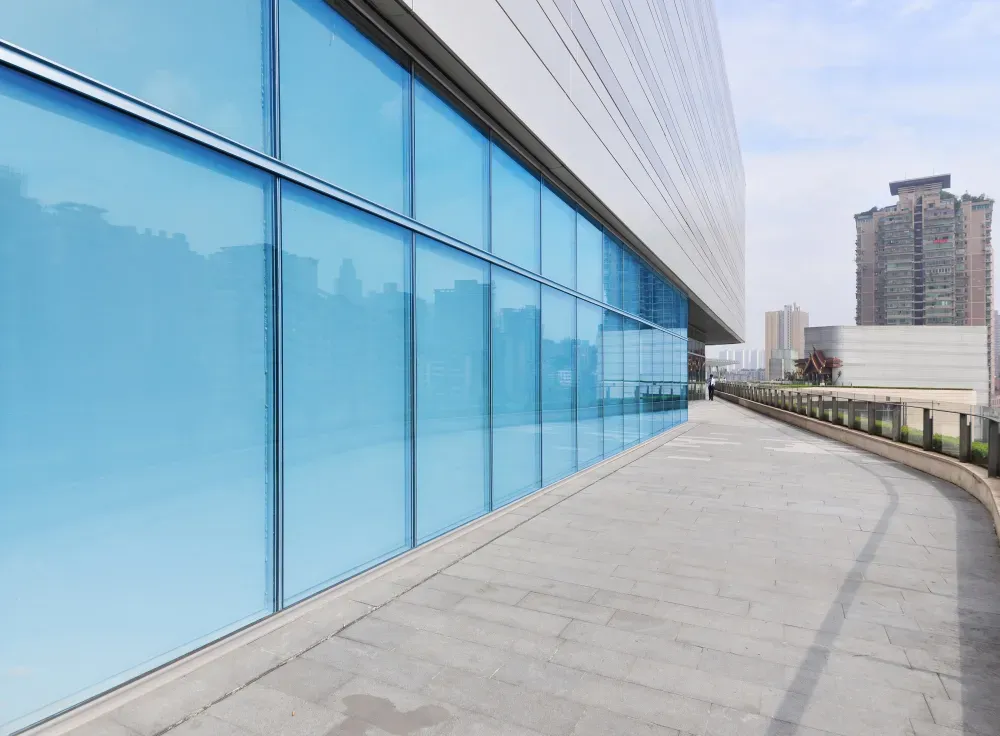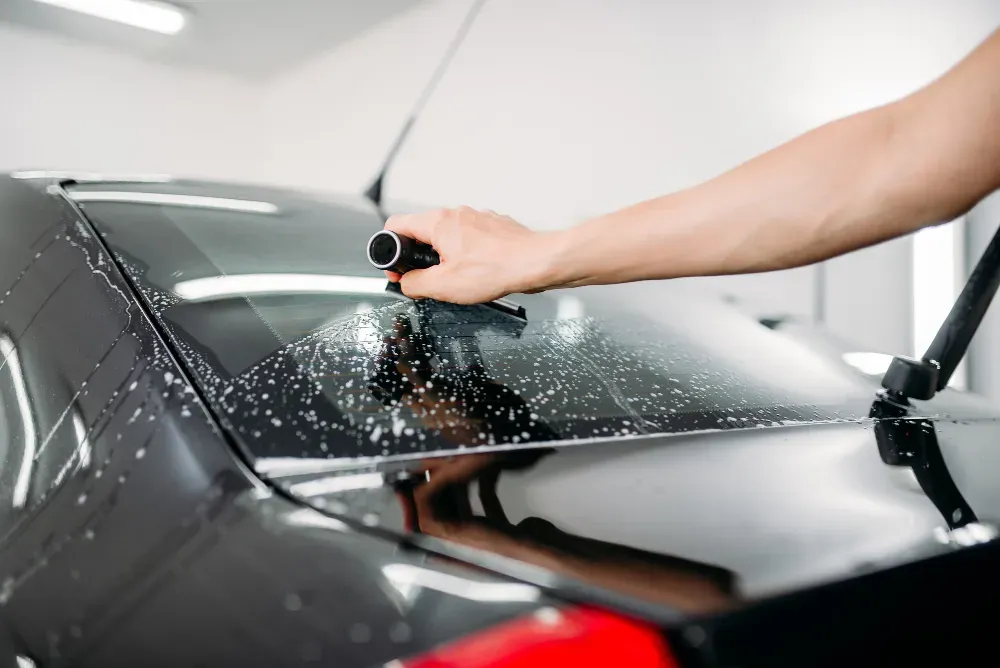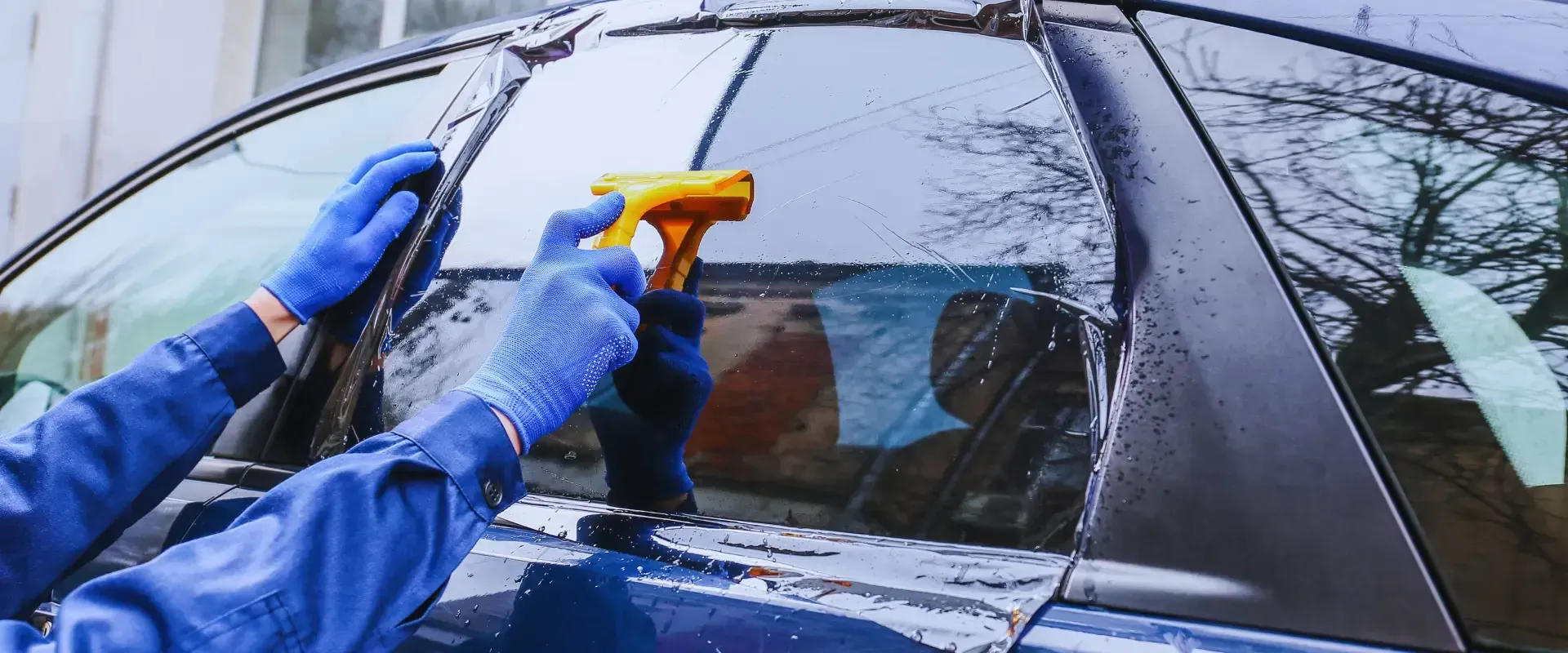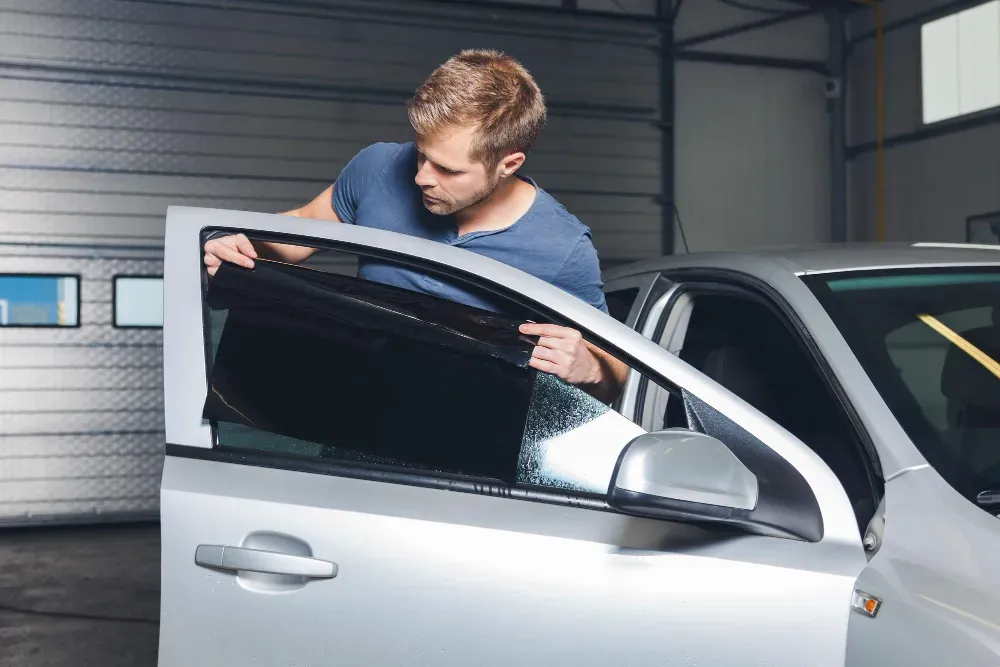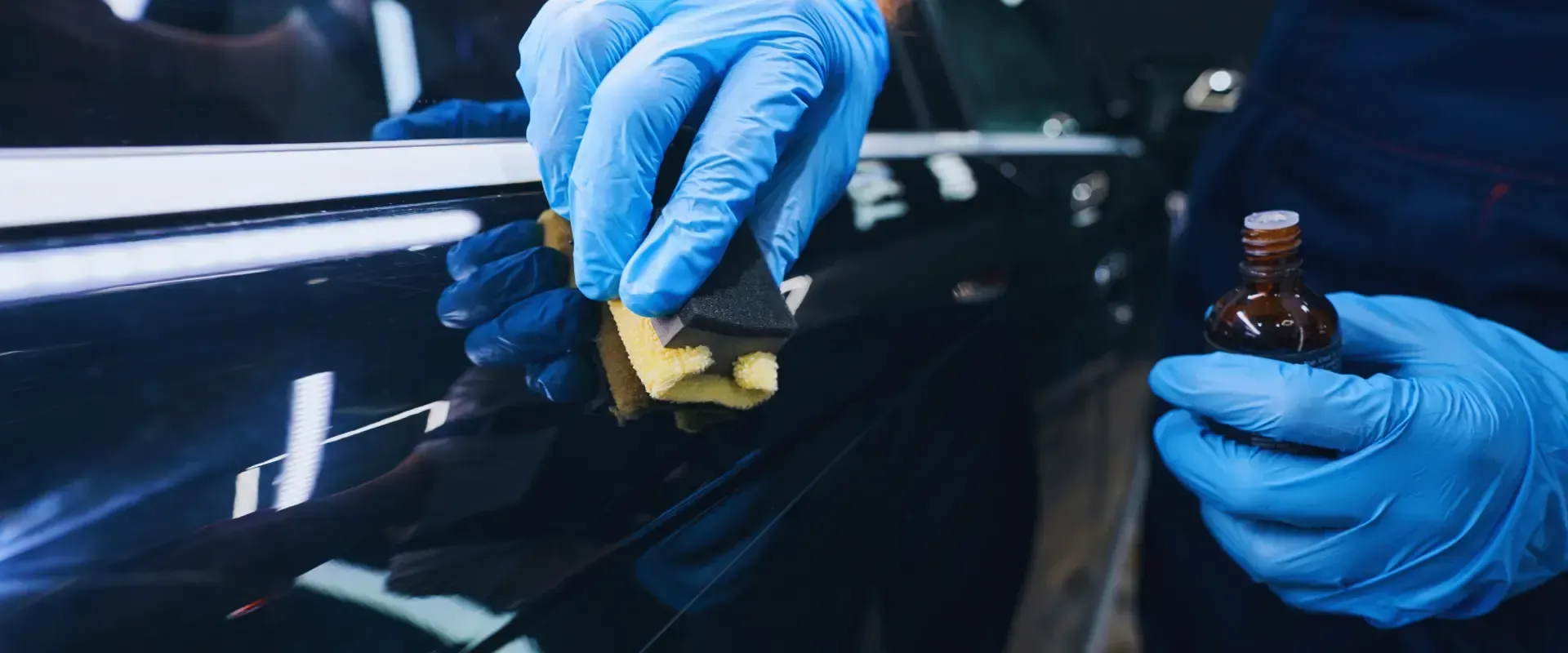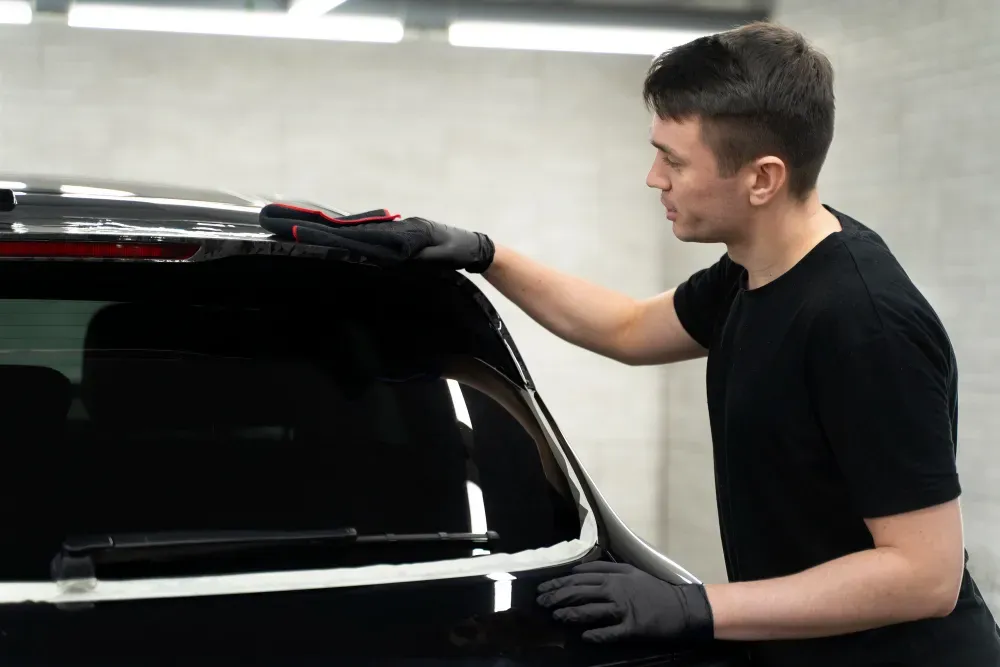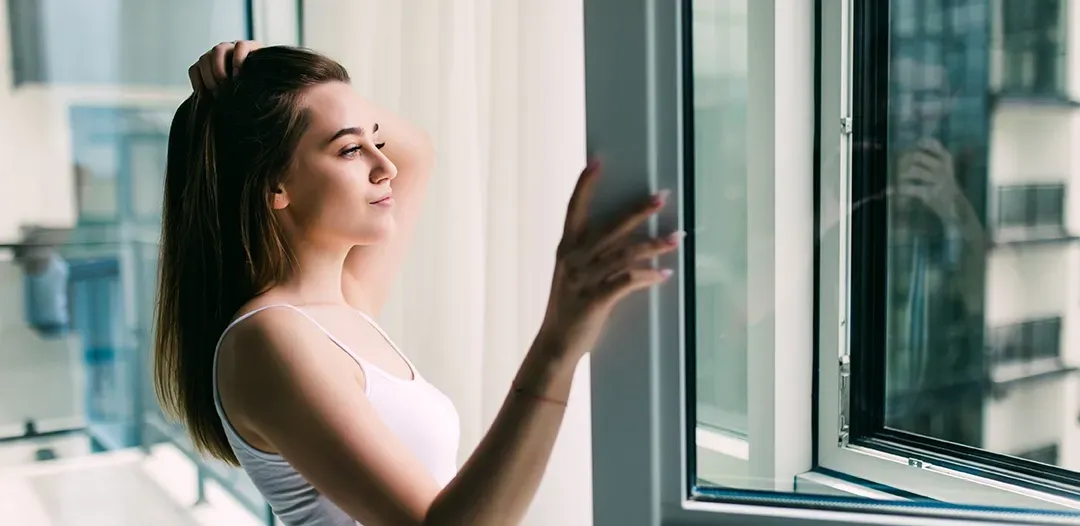A Guide to Picking the Perfect Window Tint for Your Vehicle
Tinting your vehicle’s windows isn’t just a cosmetic upgrade—it’s a practical and protective one too. Whether you're commuting daily, road-tripping cross-country, or simply parked under the scorching sun, a quality window tint can make a world of difference. This comprehensive guide explores everything you need to know to pick the perfect window tint for your vehicle, no matter your lifestyle or budget.
From UV protection to aesthetic appeal, each type of tint offers something unique. But with so many options, how do you choose wisely?
Let’s dive into the world of automotive window tints and help you make an informed decision.
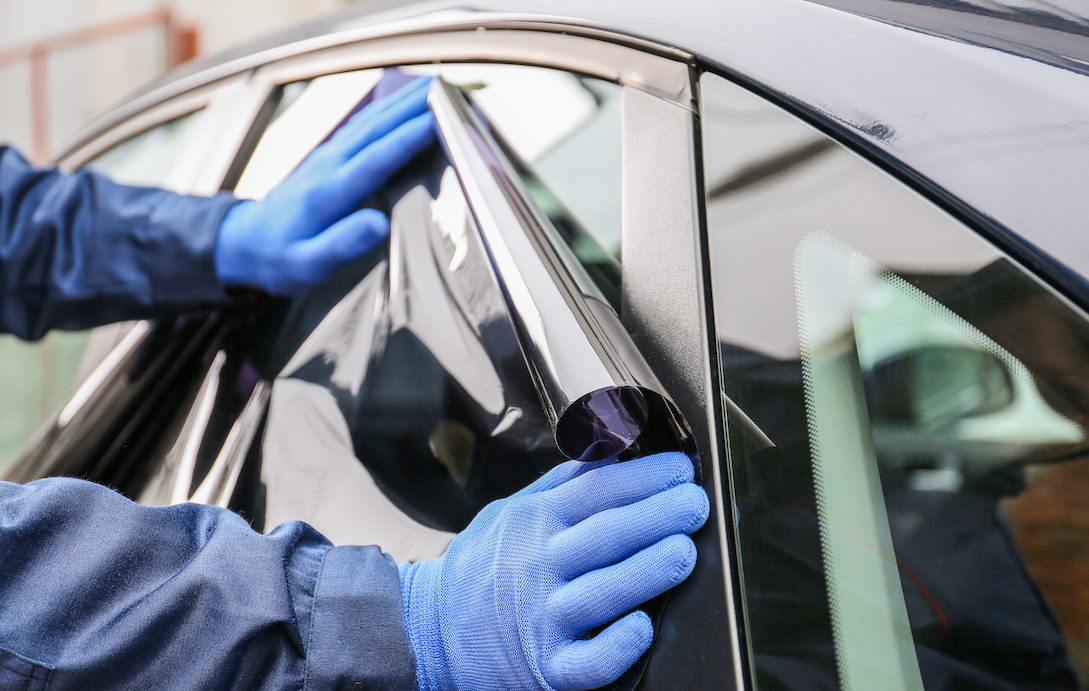
Introduction to Window Tinting
Window tinting is more than just a stylish upgrade. It plays a vital role in enhancing your driving comfort, preserving your car's interior, and even protecting your health. This thin laminate film, applied to the glass, filters sunlight and can drastically change your vehicle’s feel and function.
But here's the kicker: not all tints are created equal. And choosing the wrong one could cost you more than just money—it could result in fines, damaged electronics, or premature wear.
Understanding Window Tint
Window tint refers to the film applied to vehicle windows that alters the amount of light passing through the glass. It's categorized by VLT, or Visible Light Transmission. The lower the VLT percentage, the darker the tint—and the less light that gets through.
There are various materials and shades available, each offering unique features such as glare reduction, privacy, or infrared blocking.
The Different Types of Window Tints
Let’s break down the popular tint types:
- Dyed Window Tint: Affordable but fades over time.
- Metalized Tint: Shiny and durable, but may interfere with electronic devices.
- Carbon Tint: Offers better UV protection and no signal interference.
- Ceramic Tint: The gold standard in clarity and heat resistance.
Each of these has its strengths and weaknesses. It’s essential to match the tint type to your vehicle’s use and your personal preferences.
Benefits of Tinting Your Vehicle
Tinting brings a bundle of benefits:
- UV Protection: Shields skin and prevents interior fading.
- Privacy: Keeps your valuables hidden.
- Temperature Control: Blocks out infrared rays.
- Aesthetics: Gives a sleek, customized look.
- Glare Reduction: Enhances safety while driving.
FAQs About A Guide to Picking the Perfect Window Tint for Your Vehicle
What is the legal limit for window tint?
This varies by state. Some allow as low as 20% VLT on rear windows, while others require 70% or more on front side windows. Always check local laws before tinting.
Does window tint affect visibility at night?
Darker tints may reduce night visibility. Ceramic and lighter tints offer the best compromise between performance and visibility.
Can I install window tint myself?
You can, but it’s tricky. DIY kits often lead to bubbling or peeling. For best results, use a
professional window tinting service.
How long does window tint last?
Depending on the type, window tint can last from 3 to 10 years. Ceramic tints tend to last the longest.
Will tinting my windows increase resale value?
In many cases, yes—especially if the tint is high-quality and professionally installed. It shows care and adds appeal.
What’s the best tint for hot climates?
Ceramic and carbon tints offer the best heat rejection, ideal for sunny areas.
Conclusion: Drive Smarter with the Right Tint
Choosing the perfect window tint for your vehicle isn't just about looks—it's about performance, protection, and personalization. The right tint enhances your driving experience, adds value to your car, and safeguards your health.
Don’t cut corners. When it comes to high-quality installation, trust a Window Tinting Service. And if you're ready to make a move, reach out through their Contact page today.
Your perfect window tint awaits—now drive in comfort and confidence.
Suggested Internal Links:
